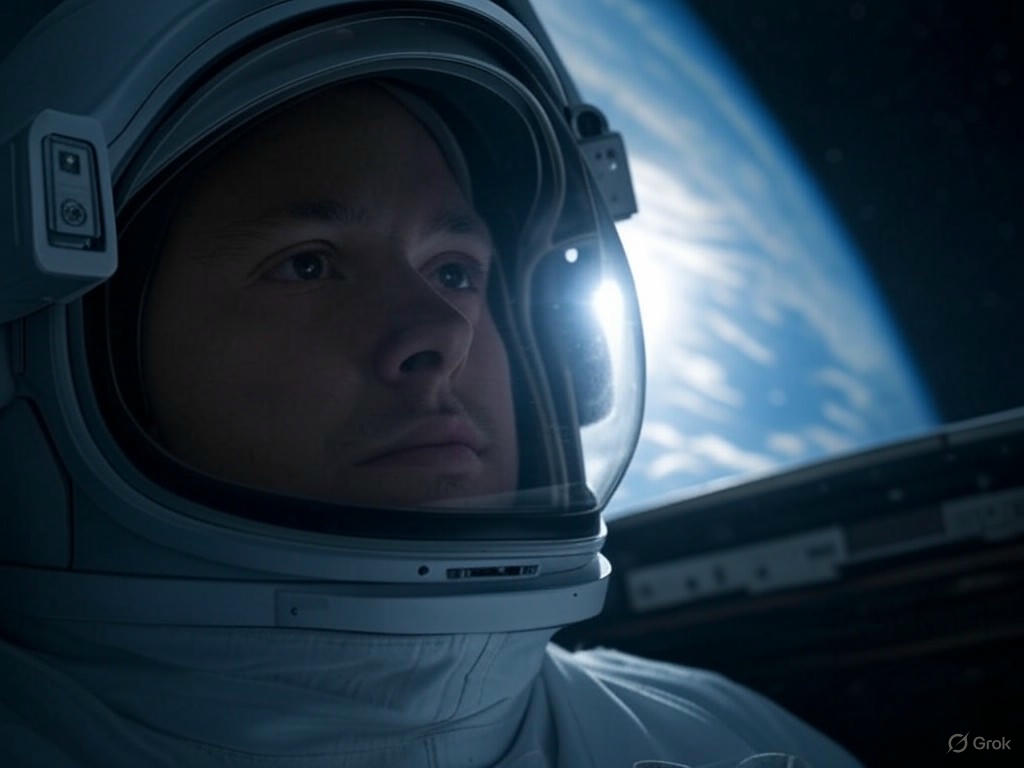Breaking Barriers: Humanity’s Astonishing Speed Record of 39,937.7 km/h
Speed has always fascinated humanity, from the first sprint across a field to the roar of a rocket piercing the atmosphere. The quest to move faster has driven innovation and exploration, pushing the boundaries of what we believe is possible. Today, we celebrate an incredible milestone in human achievement: the record-breaking speed of 39,937.7 kilometers per hour, the fastest any human has ever traveled. This staggering velocity isn’t just a number—it’s a testament to our unyielding spirit of discovery and technological prowess.
This mind-boggling speed was achieved during a historic space mission, a moment that redefined our understanding of motion. While most of us can barely fathom the sensation of traveling at highway speeds, this record was set in the vacuum of space, where astronauts hurtled through the cosmos at a pace that defies imagination. To put it into perspective, at 39,937.7 km/h, a person could circle the Earth’s equator in just over an hour. This isn’t the stuff of science fiction; it’s the reality of human ingenuity at its peak. The record stands as a symbol of how far we’ve come since the days of horse-drawn carriages and steam engines, showcasing the leaps in engineering and physics that have propelled us into the stars.
The significance of this achievement extends beyond mere numbers. It represents the culmination of decades of research, experimentation, and daring. Scientists and engineers worked tirelessly to design spacecraft capable of withstanding the extreme conditions of such velocities, from intense gravitational forces to the challenges of re-entry into Earth’s atmosphere. This record was not set by accident but through meticulous planning and a deep understanding of aerodynamics and propulsion systems. It also highlights the courage of the individuals who strapped themselves into these vessels, trusting in human innovation to carry them safely through the void. Their journey at such an unprecedented speed serves as an inspiration for future generations of explorers and dreamers.
Moreover, this milestone prompts us to ponder what lies ahead. If humanity can achieve such extraordinary speeds, what other barriers can we break? The record of 39,937.7 km/h is not likely to stand forever. As technology advances, we may soon witness even faster voyages, perhaps to distant planets or beyond our solar system. Projects involving cutting-edge propulsion methods, like nuclear or ion drives, are already in development, hinting at a future where today’s records seem quaint. The drive to go faster is embedded in our nature, fueling ambitions that could one day make interstellar travel a reality.
As we marvel at this incredible feat, let’s remember that speed is more than a measurement—it’s a gateway to new frontiers. The record of 39,937.7 kilometers per hour is a shining example of what humanity can accomplish when we dare to push limits. It’s a reminder that the sky is not the limit; it’s just the beginning. With every record shattered, we inch closer to unlocking the mysteries of the universe, one breathtaking journey at a time.


